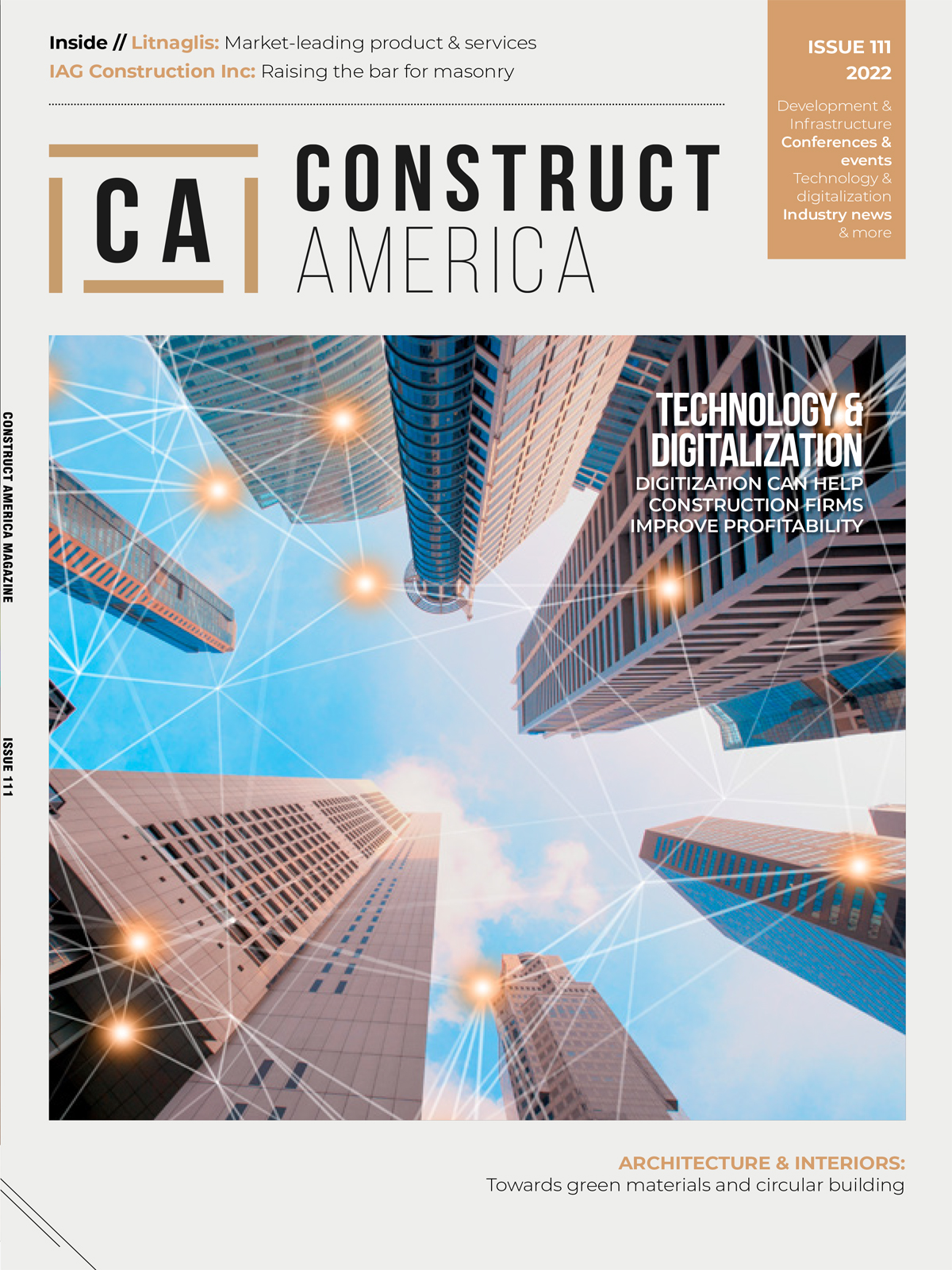Biden to unveil infrastructure plan next week : President Joe Biden will unveil his multitrillion-dollar infrastructure plan next week in Pittsburgh, the White House announced Wednesday.
The president will travel to Pittsburgh to make the announcement on March 31. Details of the plan are still being worked out, according to White House Press Secretary Jen Psaki.
“He is considering a range of options, scopes and sizes of plans and will discuss with his policy team in days ahead, but speculation is premature,” Psaki tweeted.
Details of President Joe Biden’s long-awaited infrastructure package emerged this week as the administration ramps up for its second major legislative push after passing the $1.9 trillion American Rescue Plan earlier this month.

Physical improvements to roads, bridges, rail lines, ports and the electric grid alone could account for nearly $1 trillion of Biden’s forthcoming Build Back Better infrastructure program, according to media reports. But raising taxes to pay for it could negatively impact contractors, Jimmy Christianson, vice president of government relations at the Associated General Contractors of America, told Construction Dive.
The plan, which is expected to total between $3 trillion and $4 trillion, aims to create 5 million new jobs while restoring all the jobs lost in the broader economy during the past year due to the COVID-19 crisis, according to the New York Times.
The physical infrastructure portion of the Build Back Better program would be the first of two phases included in an overall spending package, according to the Times. It would also include clean energy upgrades, a stable of electric-vehicle charging stations across the country, development of a 5G telecommunications network, rural broadband deployment, 1 million affordable and energy-efficient housing units and advanced training for millions of workers, the Times reported.
The second portion will likely focus on what is referred to as “human infrastructure” and would include investments in education and childcare programs. These elements include tax credits to help families afford child care, extending tax cuts to help fight poverty, free community college and universal prekindergarten.
How it will get paid for, however, is sure to incite more partisan acrimony on Capitol Hill and could necessitate more parliamentary maneuvering by Democrats using the budget reconciliation process, as they did with the American Rescue Act, which passed without a single Republican vote. Biden has proposed raising the corporate tax rate from 21% to 28%, as well as increasing taxes on individuals making $400,000 a year or more, and raising the top marginal income tax bracket from 37% to 39.6%.
Looking ahead
While the items coming into focus in the physical infrastructure plan generally represent good news for contractors who need new projects after many jobs were postponed or canceled due to the COVID-19 crisis, raising taxes to pay for them could be bittersweet for companies in the construction space.
“That impacts us,” Christianson said. “We have many companies that are taxed at the individual rate that are employee-owned businesses, LLCs or partnerships. That represents a lot of the small businesses in the construction industry.”
Also at risk could be the 20% deduction for pass-through businesses enabled by Section 199a of former President Trump’s 2017 Tax Cuts and Jobs Act, which created parity between corporations and non-corporate taxpayers.
“That’s also on the chopping block,” Christianson said. “So paying for infrastructure through those types of tax changes is obviously problematic to the broader business community.”
Christianson said he expects more details about Biden’s plan to be unveiled in the coming weeks, with the possibility of the president addressing a joint session of Congress in April to sell his Build Back Better program to the country.
White House advisers reportedly are recommending breaking the mammoth spending proposal into two parts to improve its chances of passage, given Democrats’ thin majorities in the House and Senate. But the scope of the proposal alone is noteworthy, lawmakers noted.
“The country has not had a real infrastructure bill since Dwight Eisenhower set up the highway system. This could do more for American manufacturing and blue-collar jobs than anything else,” former Pennsylvania Gov. Ed Rendell, a Democrat, told the Washington Post. “It’s crucial not just for Biden’s legacy but for the legacy of the American government in the next decade. It’s a seminal moment for the country.”
Construct America Magazine | The Home of Construction Industry News




















